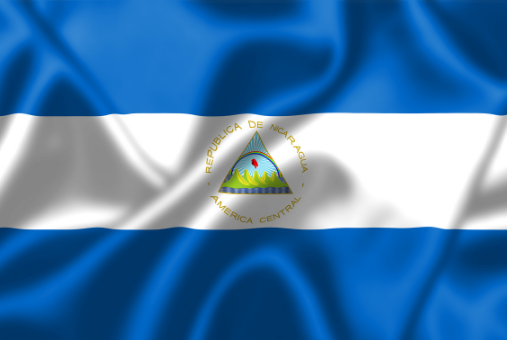
The online news portal Voces en Libertad was created to fight censorship imposed by Nicaraguan President Daniel Ortega. It allows for collaboration among independent news outlets, existing and emerging, so they can continue informing and telling Nicaragua’s stories.
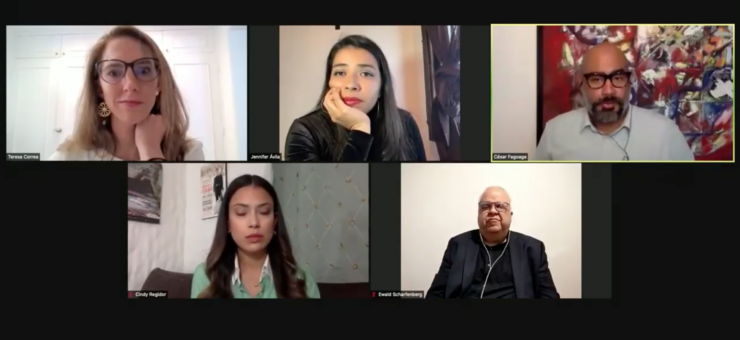
Journalists from Honduras, El Salvador, Nicaragua, and Venezuela spoke in a panel during the webinar “Journalism in Times of Polarization and Disinformation in Latin America.” The panel explored press freedom in countries faced with increasingly authoritarian governments and how they’ve been able to continue doing journalism.
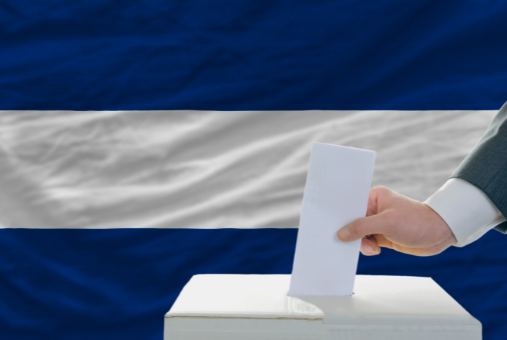
In the year leading up to Nicaragua’s presidential election on Nov. 7, President Daniel Ortega implemented increasingly strict limitations on press freedom— a move critics say is part of a years-long campaign to silence Ortega’s political opposition.
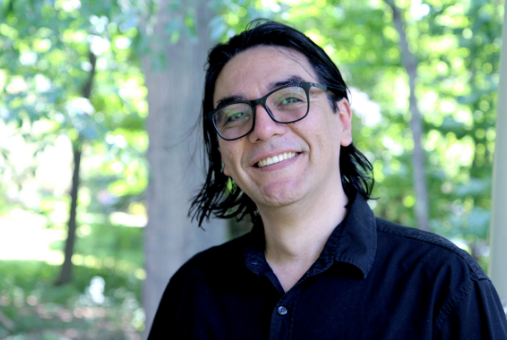
A few days ago, and within the framework of the Gabo Festival, one of the most important journalism festivals in Latin America, the cartoonist Pedro X. Molina from Nicaragua received the ‘Recognition of Excellence from the 2021 Gabo Awards.’
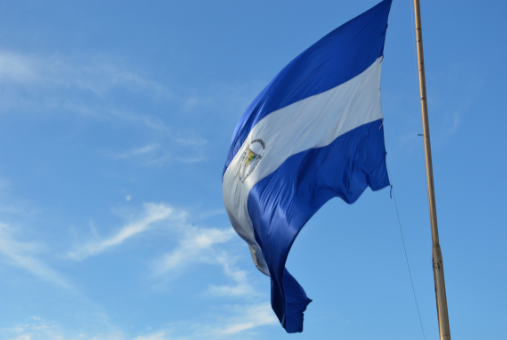
Nicaraguan newspaper La Prensa is under investigation and workers are prohibited from entering the building, located in Managua, after the national police raided it on Aug. 13.
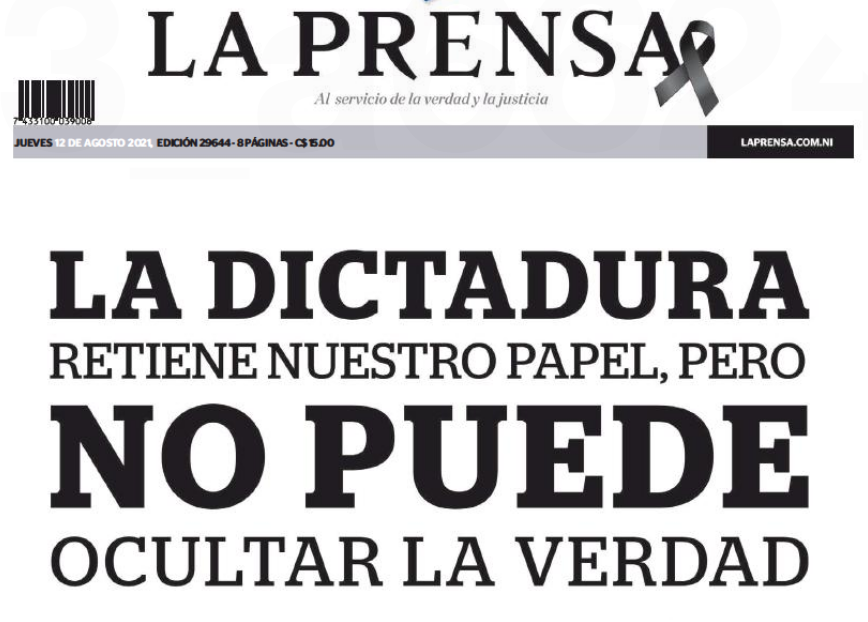
Newspaper La Prensa of Nicaragua circulated in print for the last time on Aug. 12, at least temporarily, due to the lack of raw materials, the publication reported. La prensa said it will continue to report through social media and its website.

In one of the most aggressive actions against the independent press in Nicaragua, the country's public prosecutor, close to the administration of President Daniel Ortega, has called at least 16 journalists from the country as witnesses or has named them among those investigated in a case of alleged money laundering.
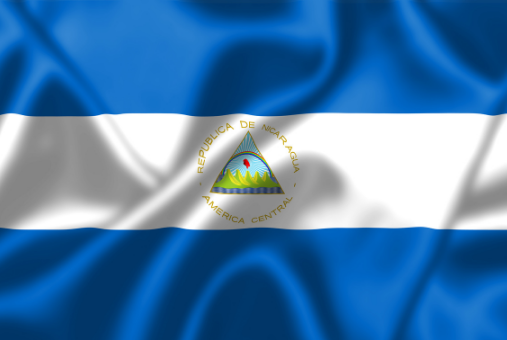
In a new assault on the Nicaraguan press, this May 20 the government of Daniel Ortega raided for the second time the editorial office of magazine Confidencial, founded by journalist Carlos Fernando Chamorro, at the same time that it arrested different international journalists who they covered the incident. A cameraman for the media outlet remains missing.
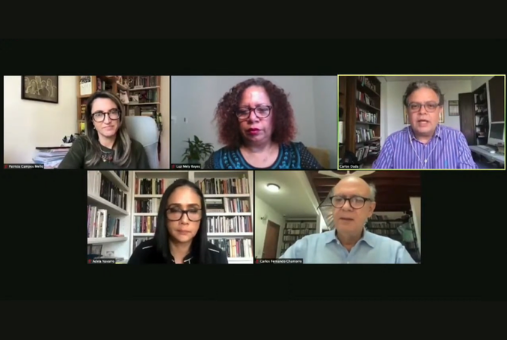
Government harassment against journalists has become a trend in Latin American countries, with leaders often using the strength of state institutions, such as the judiciary and police, to discredit and even silence the press.
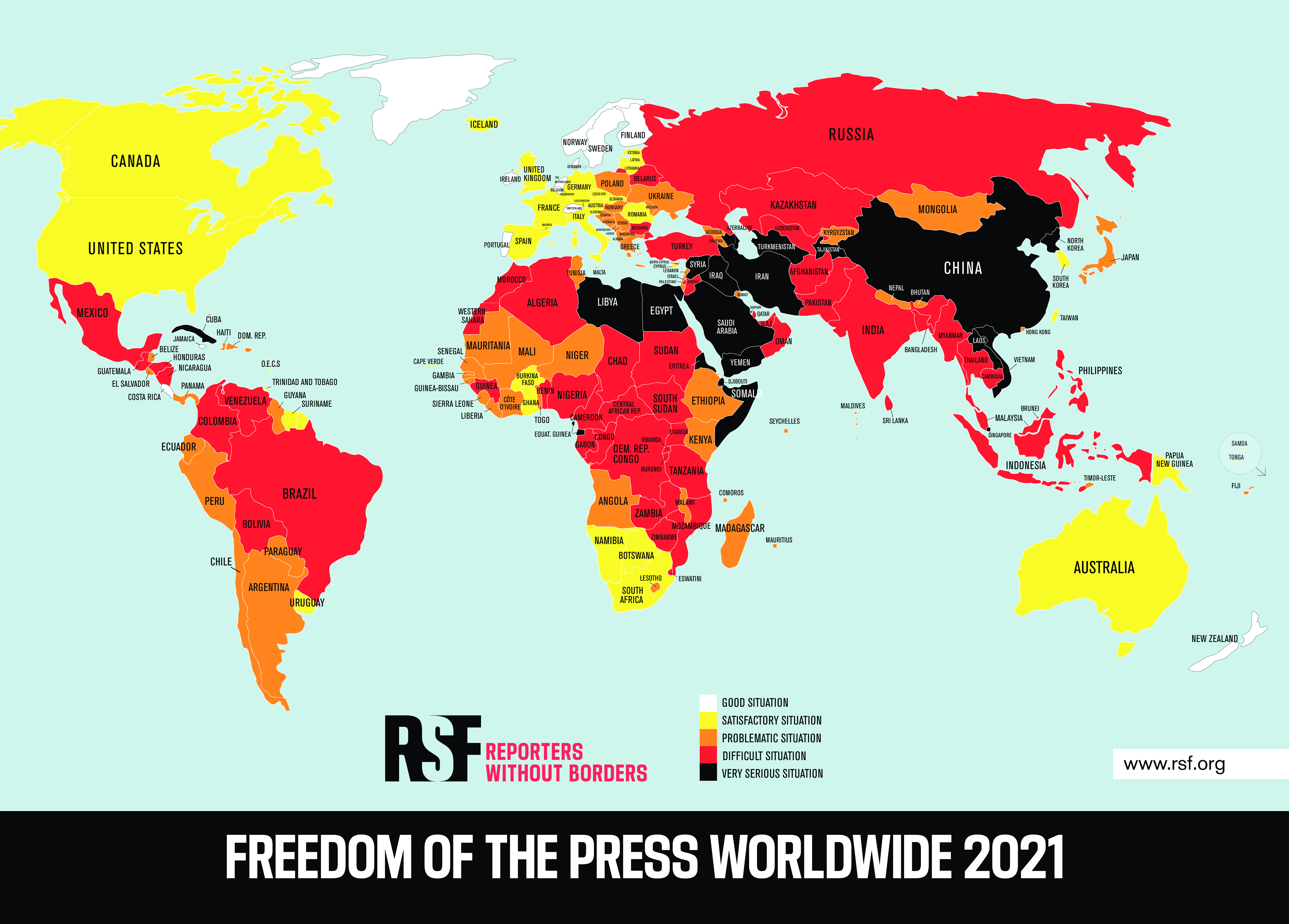
The global press freedom ranking by NGO Reporters Without Borders (RSF) confirmed a perceived trend in Latin America: a general worsening of conditions for the exercise of journalism on the continent. Of the 24 countries in the region analyzed, 19 lost points in the RSF survey.
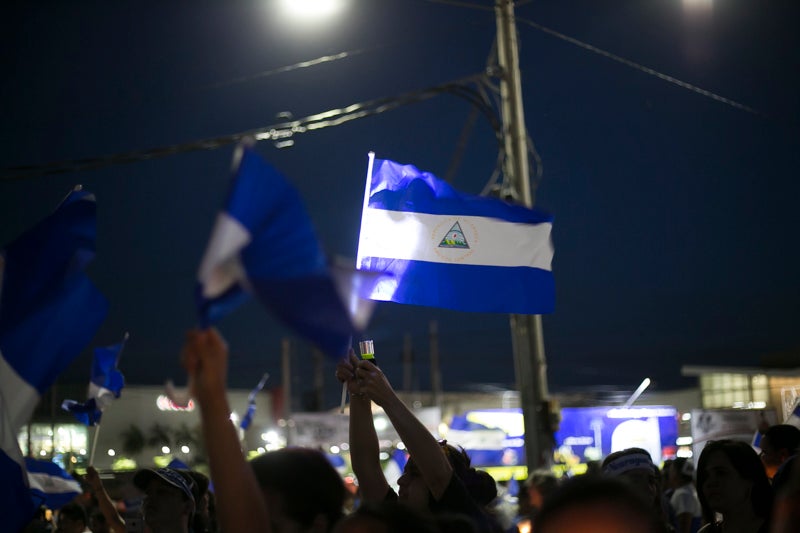
The demonstrations are a milestone in the country, because, after them, the Nicaraguan regime and supporters of the governing party, the Sandinista National Liberation Front, turned against the press and opponents.
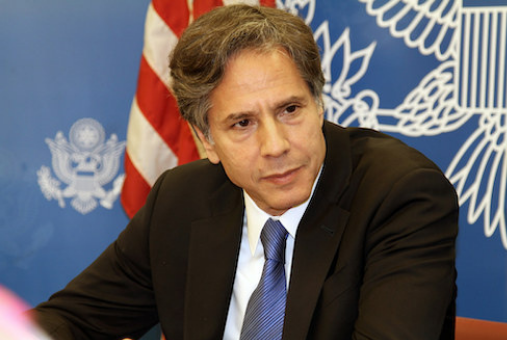
Governments of several Latin American countries have struck back after the U.S. State Department released its report on human rights practices around the world, including comments regarding freedoms of expression and of the press. However, the annual reports, which are now in their 45th edition, are welcomed by press freedom and journalism groups in nations […]